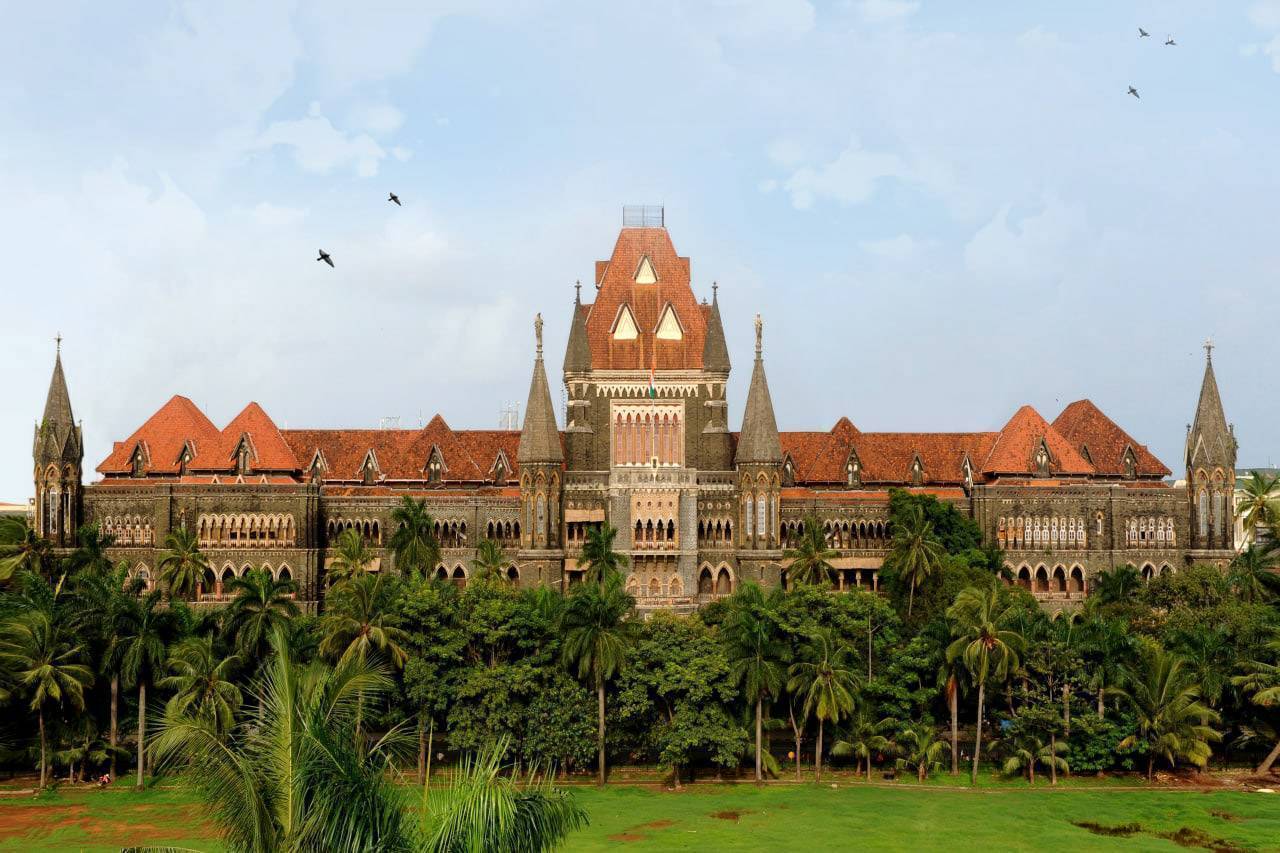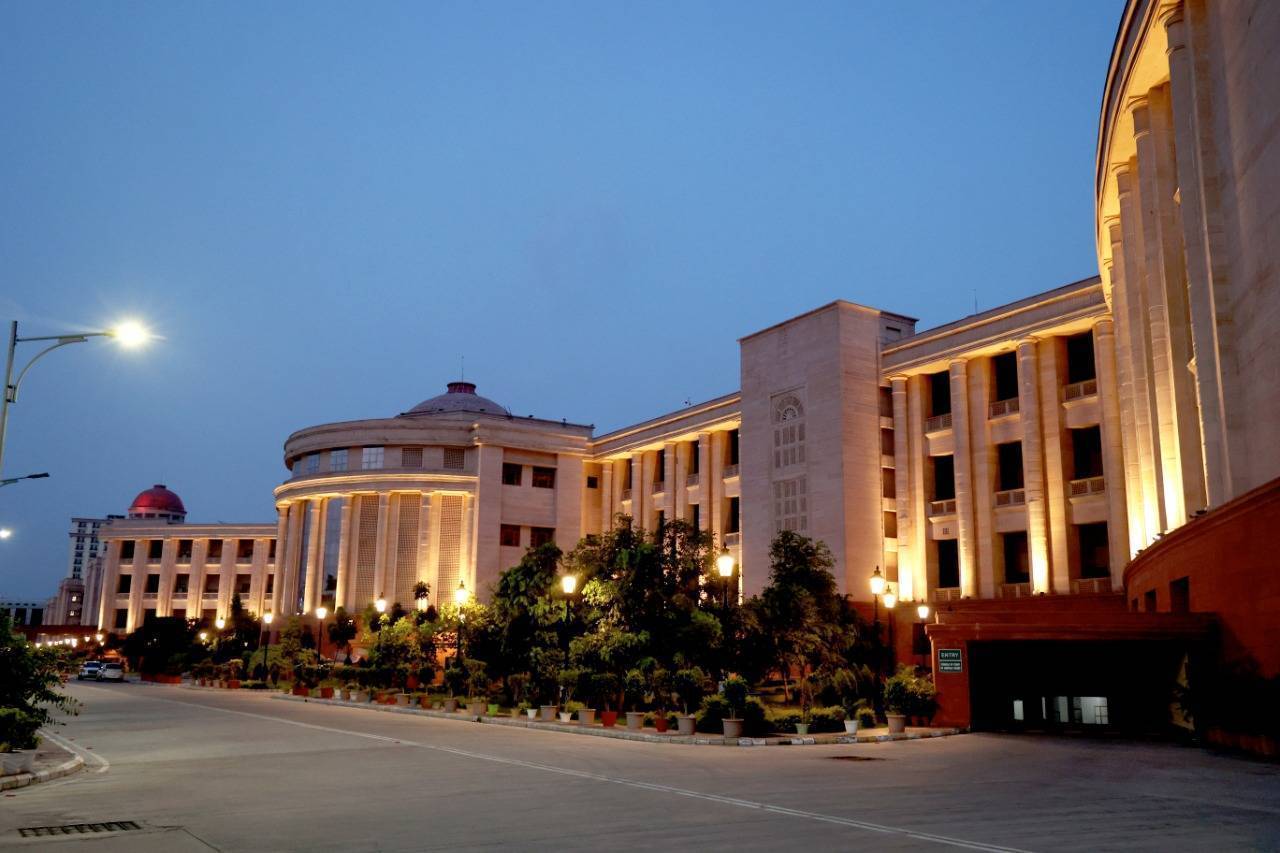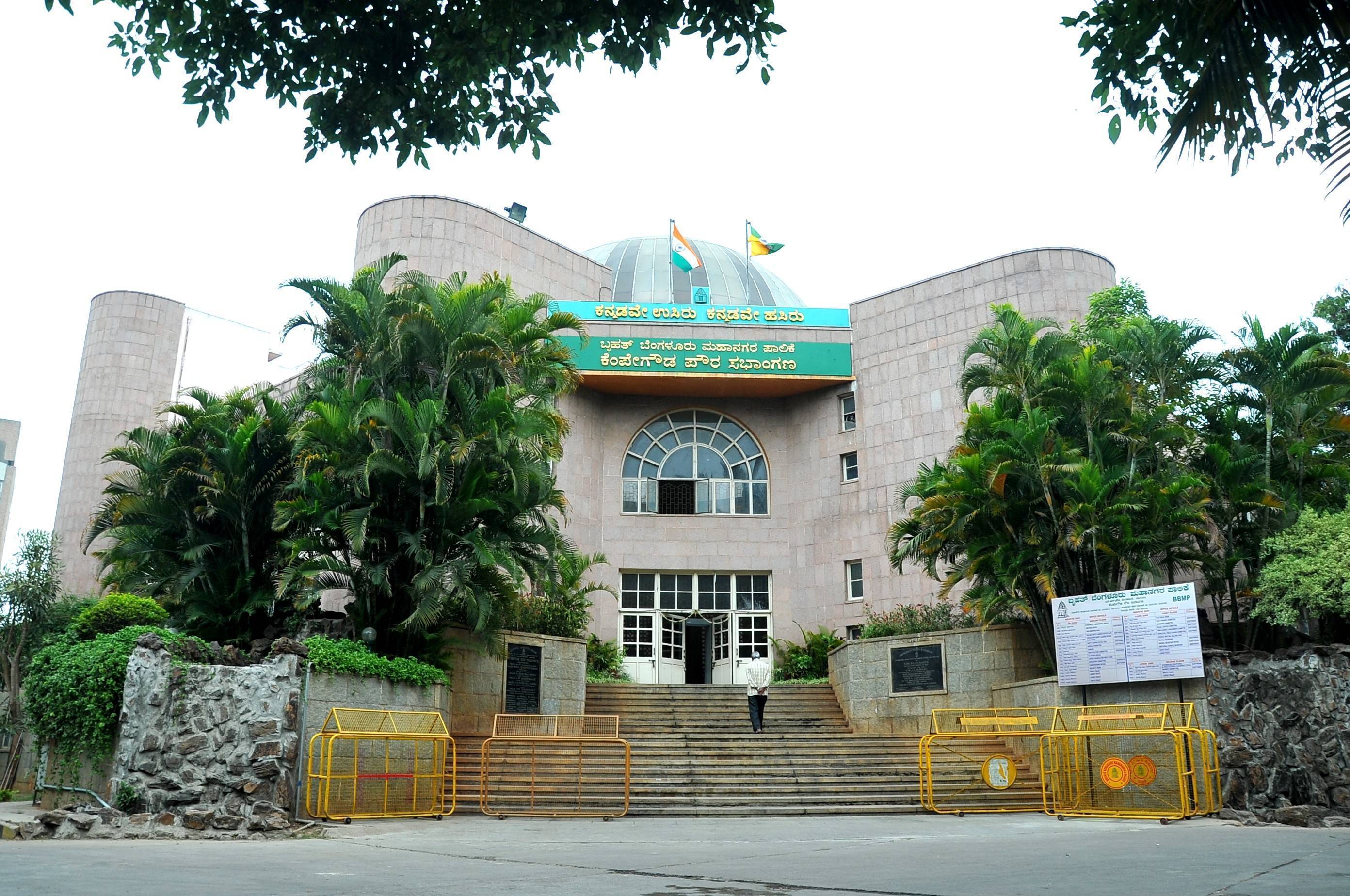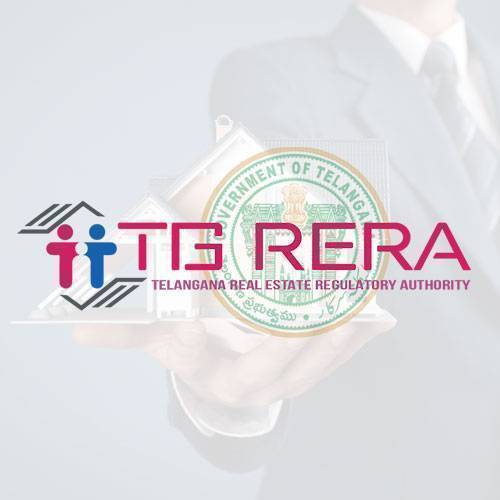The Bombay High Court has upheld the decision of a cooperative housing society to proceed with the redevelopment of its premises, rejecting a legal challenge by a dissenting member. The court emphasized that once the general body of a housing society has passed a resolution, its decisions are binding on all members , even those who may have concerns or objections.
Justice Gauri Godse, presiding over the matter, dismissed an appeal filed by Mridula Chakraborty, a resident member of Sai Apartments Cooperative Housing Society. The appeal was against a city civil court’s earlier ruling that had permitted the society to go ahead with the redevelopment process.
In her plea, Chakraborty had sought interim relief, urging the court to restrain the society from proceeding with a tender process that had been approved by the general body. She raised specific concerns regarding compliance with Coastal Regulation Zone (CRZ) norms, given that the society’s property is situated near the coastline.
However, the High Court ruled that objections such as those raised by Chakraborty must be accompanied by a challenge to the general body’s resolutions themselves. "Any attempt made by the appellant to raise such objections without challenging the decisions taken by the general body of the society would unnecessarily delay the redevelopment undertaken by the society," observed the court.
Justice Godse further clarified that the general body of a cooperative housing society remains the supreme authority in decisions pertaining to redevelopment and property management. In this case, the society had duly followed a consultative process by appointing a project management consultant and an architect to guide the redevelopment initiative.
During the hearing, senior counsel Anil Anturkar and advocate Vivek Shukla, appearing for the petitioner, submitted CRZ remarks dated July 7, 2023, issued by the municipal corporation, which indicated that the society’s land fell within a CRZ area. Based on this, the petitioner argued that redevelopment could be legally restricted or delayed.
However, the society countered this with a subsequent CRZ remark from February 2025, which stated that the land in question did not fall within the CRZ zone. The updated remark, issued by the Brihanmumbai Municipal Corporation (BMC), only required the society to seek formal clearance from the coastal zone authority before initiating redevelopment work.
Representing the society, advocates Astha Tamhankar and Sameer Chitnis argued that the tender process had been carried out transparently and only after considering all objections, including those raised by the petitioner. They noted that the petitioner had never formally challenged any of the resolutions passed by the general body over the course of the redevelopment planning.
The society's advocates argued that the petitioner’s objections were unwarranted and had caused unnecessary delays in the redevelopment process, negatively impacting the rights and interests of the other society members.
The petitioner clarified that her intent was not to oppose redevelopment but to highlight discrepancies in the size of the land mentioned in the tender documents. She expressed concern that if the land turned out to be larger than stated, the developer might back out, leading to delays or financial setbacks for the society.
Ultimately, the High Court ruled that her objections, while noted, were insufficient grounds to halt a redevelopment project that had followed proper procedural steps and received general body approval.
Image source- high-court-of-bombay









